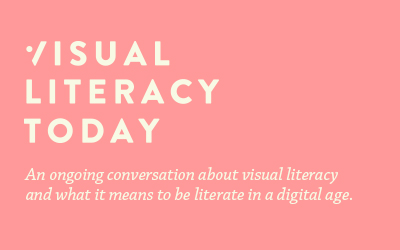The Relationship between Metaliteracy Pretest, Posttest, and Metacognitive Strategies for Library Research Skills Scale: Creating a Metaliteracy Source for Online ED.D. Students by Melissa D. Atkinson
The purpose of this quantitative, quasi-experimental, exploratory study was to create a metaliteracy course for online Ed.D. students and determine if there was a relationship between the Metacognitive Strategies for Library Research Skills Scale, Metaliteracy Pretest, and Metaliteracy Posttest. Library literature is lacking on assessment of information literacy skills as determined by a new term, metaliteracy, and the goals and objectives associated with this new term. A course was created in the researcher’s institution’s learning management system, Canvas, using metaliteracy goals and objectives. The researcher developed a pretest and posttest using the goals and objectives of metaliteracy to assess students’ knowledge of these concepts. The treatment was the researcher’s development of video tutorials to explain metaliteracy concepts and skills that were watched after the pretest and before the posttest. A dependent t-test revealed that there was a statistically significant difference between pretest and posttest. The results of the partial correlation to determine if a relationship existed between MS-LRSS and metaliteracy posttest after controlling for metaliteracy pretest were not significant. Similarly, the bivariate regression revealed that MS-LRSS could not predict metaliteracy posttest. A forward regression model revealed that metaliteracy pretest could reliably predict metaliteracy posttest.
